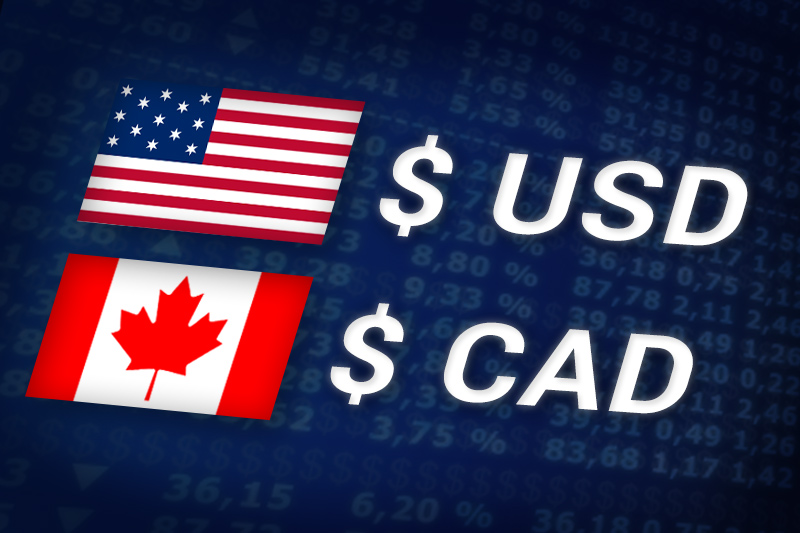Investing.com - The U.S. dollar edged higher against its Canadian counterpart on Tuesday, as doubts over whether a second bailout for Greece would be enough to prevent a default in the long term supported safe haven demand for the greenback.
USD/CAD pulled back from 0.9924, the session low, to hit 0.9960 during early U.S. trade, climbing 0.25%.
The pair was likely to find support at 0.9906, Monday’s low and a four-month low and resistance at 1.0002, the high of February 15.
Market sentiment firmed up earlier after euro zone finance ministers agreed the details of a new financial package for Greece, which will reduce the country’s debt to 120.5% of gross domestic product by 2020.
Private-sector creditors also agreed to take a write-down on their bonds of more than 53%, which is expected to cut Greece's debt by EUR107 billion.
But investors remained wary amid concerns that a general election in Greece, which is expected to take place in April, could result in problems implementing the terms of the package.
The Canadian dollar was little changed after official data showed that domestic retail sales in fell 0.2% in December, broadly in line with expectations.
A separate report, showing that Canadian wholesale sales rose by 0.9% December, beating expectations for a 0.5% gain, offset the impact of the retail sales data.
The Canadian dollar remained supported on the back of higher oil prices, with crude oil for delivery in April surging 1.26% on the New York Mercantile Exchange to trade at USD104.91 a barrel.
Raw materials, including oil account for about half of Canada’s export revenue.
The loonie, as the Canadian dollar is also known, was lower against the euro, with EUR/CAD gaining 0.27% to hit 1.3191.
Finance ministers from the euro zone were scheduled to continue talks in Brussels throughout the day on Tuesday.
USD/CAD pulled back from 0.9924, the session low, to hit 0.9960 during early U.S. trade, climbing 0.25%.
The pair was likely to find support at 0.9906, Monday’s low and a four-month low and resistance at 1.0002, the high of February 15.
Market sentiment firmed up earlier after euro zone finance ministers agreed the details of a new financial package for Greece, which will reduce the country’s debt to 120.5% of gross domestic product by 2020.
Private-sector creditors also agreed to take a write-down on their bonds of more than 53%, which is expected to cut Greece's debt by EUR107 billion.
But investors remained wary amid concerns that a general election in Greece, which is expected to take place in April, could result in problems implementing the terms of the package.
The Canadian dollar was little changed after official data showed that domestic retail sales in fell 0.2% in December, broadly in line with expectations.
A separate report, showing that Canadian wholesale sales rose by 0.9% December, beating expectations for a 0.5% gain, offset the impact of the retail sales data.
The Canadian dollar remained supported on the back of higher oil prices, with crude oil for delivery in April surging 1.26% on the New York Mercantile Exchange to trade at USD104.91 a barrel.
Raw materials, including oil account for about half of Canada’s export revenue.
The loonie, as the Canadian dollar is also known, was lower against the euro, with EUR/CAD gaining 0.27% to hit 1.3191.
Finance ministers from the euro zone were scheduled to continue talks in Brussels throughout the day on Tuesday.
